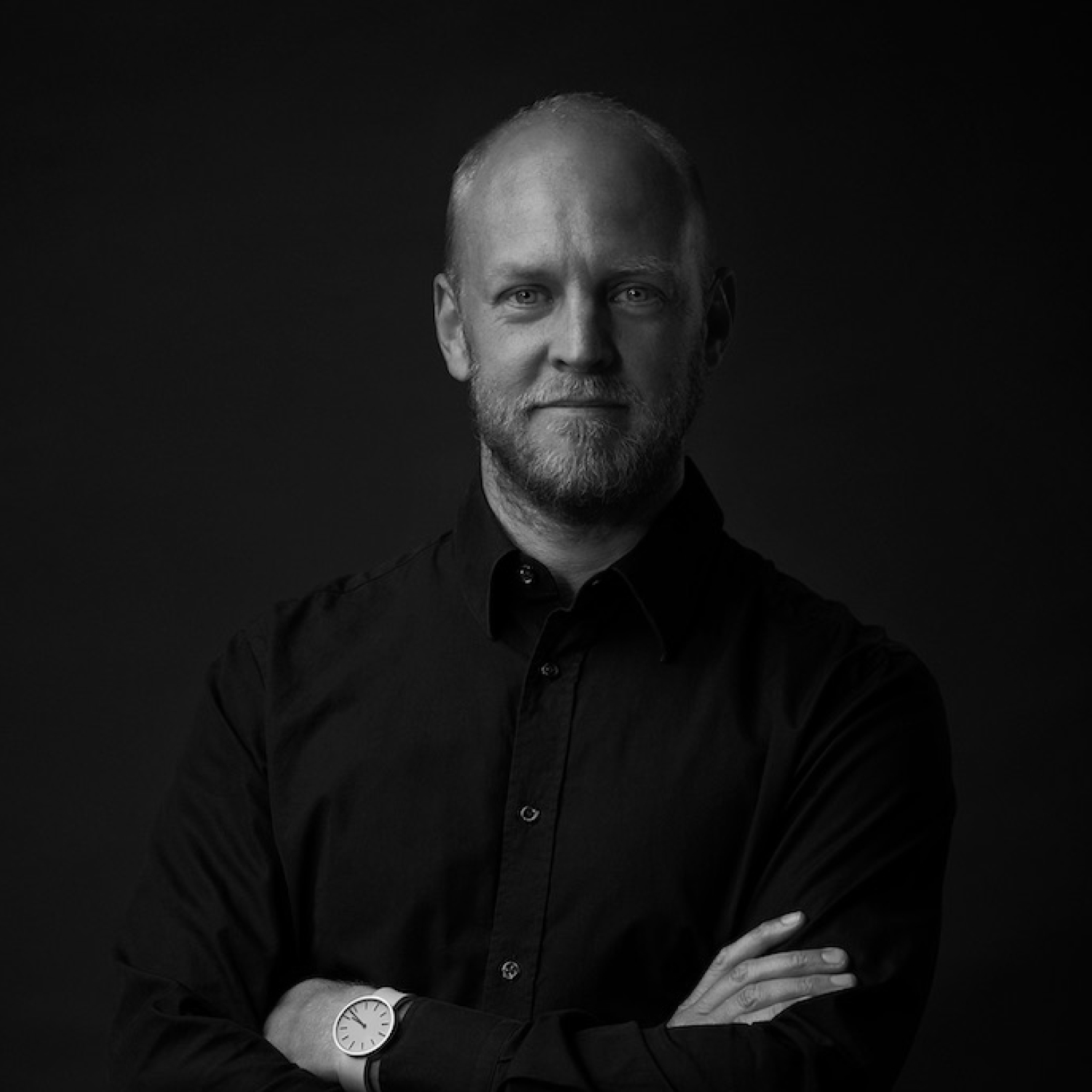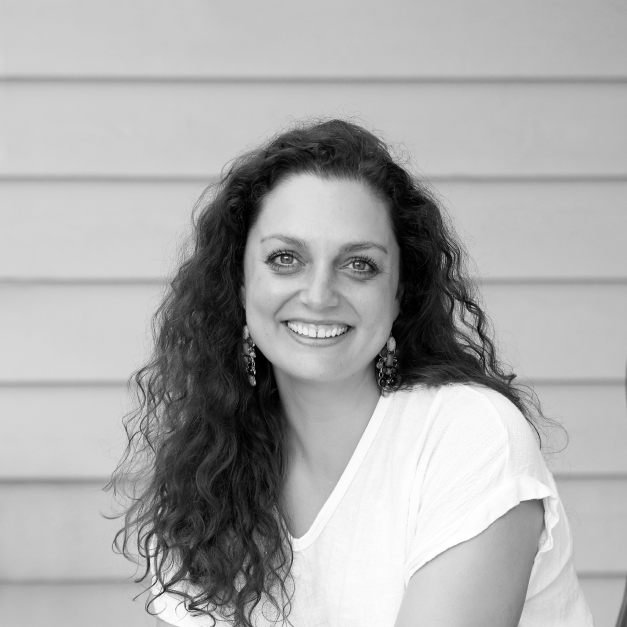
ASKING FOR A FRIEND
I’m not getting a single break at work. How do I bring this up with my manager without feeling like I'm letting people down?
ASKING FOR A FRIEND - QUESTION
When work feels like an endless conveyor belt of briefs with no time to breathe, it's easy to feel trapped and guilty about asking for time off. Katie Feder, a psychotherapist specialising in creative industry mental health, and Wez Hawes, Executive Creative Director at An Ocean with experience of both toxic and healthy workplace cultures, tackle this all-too-common dilemma. They share practical strategies for having honest conversations with managers about your needs, how to recognise when a workplace culture is fundamentally unhealthy, and why the industry tide is finally turning away from burnout culture. This discussion offers both immediate tactics for addressing work burnout and longer-term perspective on finding workplaces that respect both great work and human wellbeing.
When Work Won't Let You Breathe: Breaking the Burnout Cycle
We've all been there: drowning in briefs, watching deadlines pile up like dirty dishes, and feeling like asking for time off would somehow let everyone down. It's that suffocating feeling when work becomes an endless conveyor belt with no emergency stop button.
The creative industry has a particular talent for making us feel indispensable whilst simultaneously burning us out. But here's the thing: you're not being dramatic, you're not weak, and you absolutely deserve a break.
This question was answered by Katie Feder, a psychotherapist who specialises in supporting creative professionals and understands the unique pressures of our industry, and Wez Hawes, Executive Creative Director at An Ocean, who has experienced both toxic burnout culture and healthier alternatives firsthand. Andy Wright, Host and CEO of Streamtime, facilitated the discussion with his characteristic understanding of creative workplace dynamics.
Reclaiming Your Right to Matter
Katie cuts straight to the heart of the issue: we've become so focused on what everyone else needs that we've forgotten our own needs matter too. "What I was just talking about was basically reclaiming I matter is reclaiming your needs, being in connection with what you need," she explains.
When you're burnt out and desperate for a break, the conversation with your manager isn't about being selfish. It's about being honest. Katie suggests framing it like this: "This is what I need to enable me to show up in the most productive and efficient way for you. I appreciate that at the moment there's an awful lot going on. How can we make this work so we both get our needs met?"
This approach acknowledges the business reality whilst firmly establishing that your wellbeing isn't negotiable. You're not asking for a favour; you're identifying what you need to do your job properly.
The Toxic Culture Reality Check
Wez shares a sobering truth from his own experience: "I used to work somewhere where the timings were insane. 3 or 4 pitches on 1 at the same time, regularly. Weekend work was expected. Big turnaround briefs had to be delivered in days rather than weeks. And people just burnt out."
He witnessed firsthand how some agencies build their success on burning people out, believing it produces the best work. "The whole attitude of the whole agency, the success the agency was built on, we're going to burn people out, they're going to make their best work. And I just hated it. It was horrible."
But here's the crucial part: Wez proves this approach is complete rubbish. At An Ocean, they've created a culture where "people get time to work on stuff. We have days off for people where creatives are free just to go off and think about stuff again." The result? Great work without the human cost.
When Your Workplace Shows Its True Colours
Katie makes an important point about having these conversations: they're information-gathering exercises. When you approach your manager with clear boundaries and reasonable requests, "that person, that boss, that company will show you who they are. And then you have more information."
If they can meet you there, brilliant. If they can't, that tells you something crucial about whether you can stay there and remain healthy. As Wez puts it: "I think you need to find somewhere that kind of respects people, respects time, and doesn't feel the need to be busy all the time."
The Tide Is Turning
There's hope on the horizon. Andy notes that we're hitting a tipping point: "It used to be a badge of honour, you know, work and work and work and work. And now it's not so much. In fact, we're starting to have a little bit of frowning happen."
More agencies and studios are realising they'll lose good people unless they sort out their systems, processes, and cultures. The old "work yourself to death" mentality is becoming less acceptable, and places that prioritise wellbeing are becoming genuine competitive advantages.
Getting Support When You Need It
If you're dealing with workplace issues that go beyond burnout, including bullying, harassment, or unpaid work, Never Not Creative's Support Line offers free initial legal advice. This confidential service can help you understand your rights and options, giving you the information you need to make informed decisions about your situation.
Access the Support Line here for guidance on workplace issues affecting your wellbeing.
You're not alone in feeling overwhelmed by endless briefs and the pressure to never ask for time off. The conversation about your needs isn't selfish; it's essential. Whether your workplace responds with understanding or resistance, you'll have valuable information about where you stand. Remember, great work doesn't require sacrificing your mental health, and the industry is slowly waking up to this truth. Your wellbeing matters, and asking for what you need is the first step towards reclaiming it.
our guests
Industry Leader

Wez Hawes
72 & Sunny
Mental Health Expert

Katie Feder
Host

